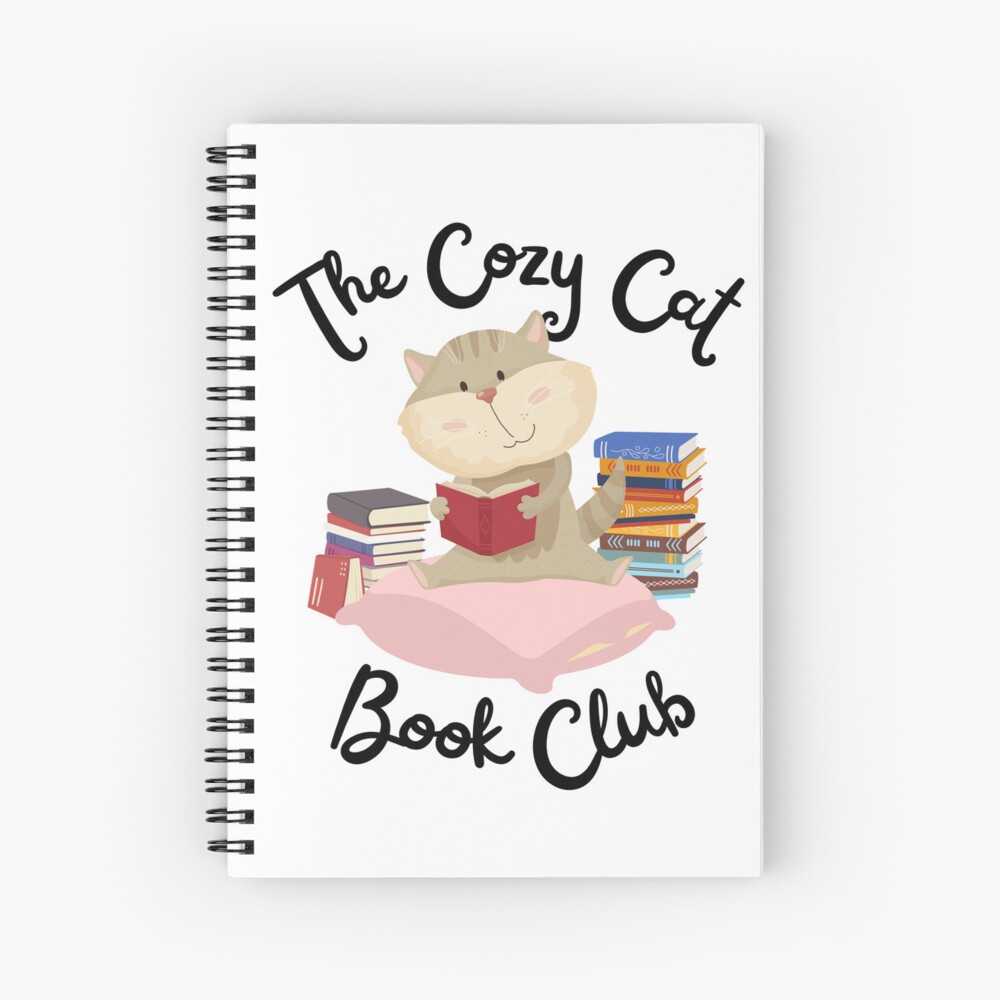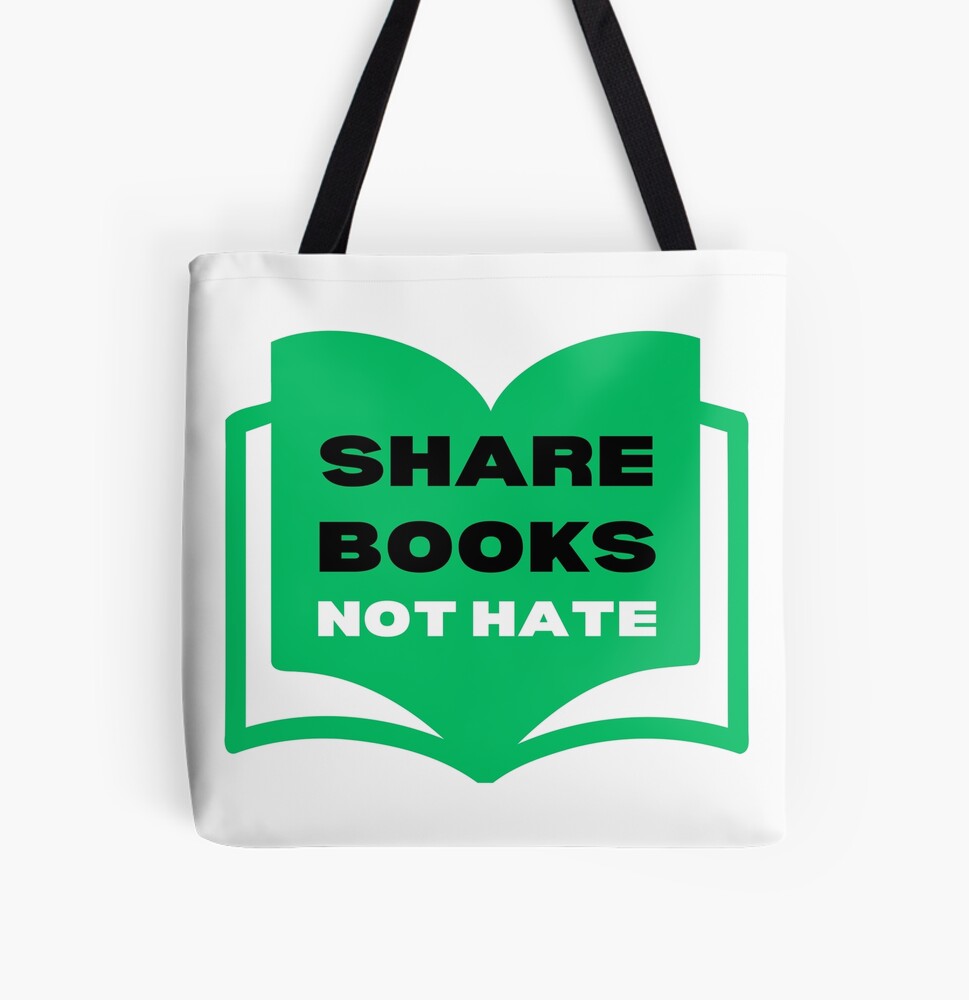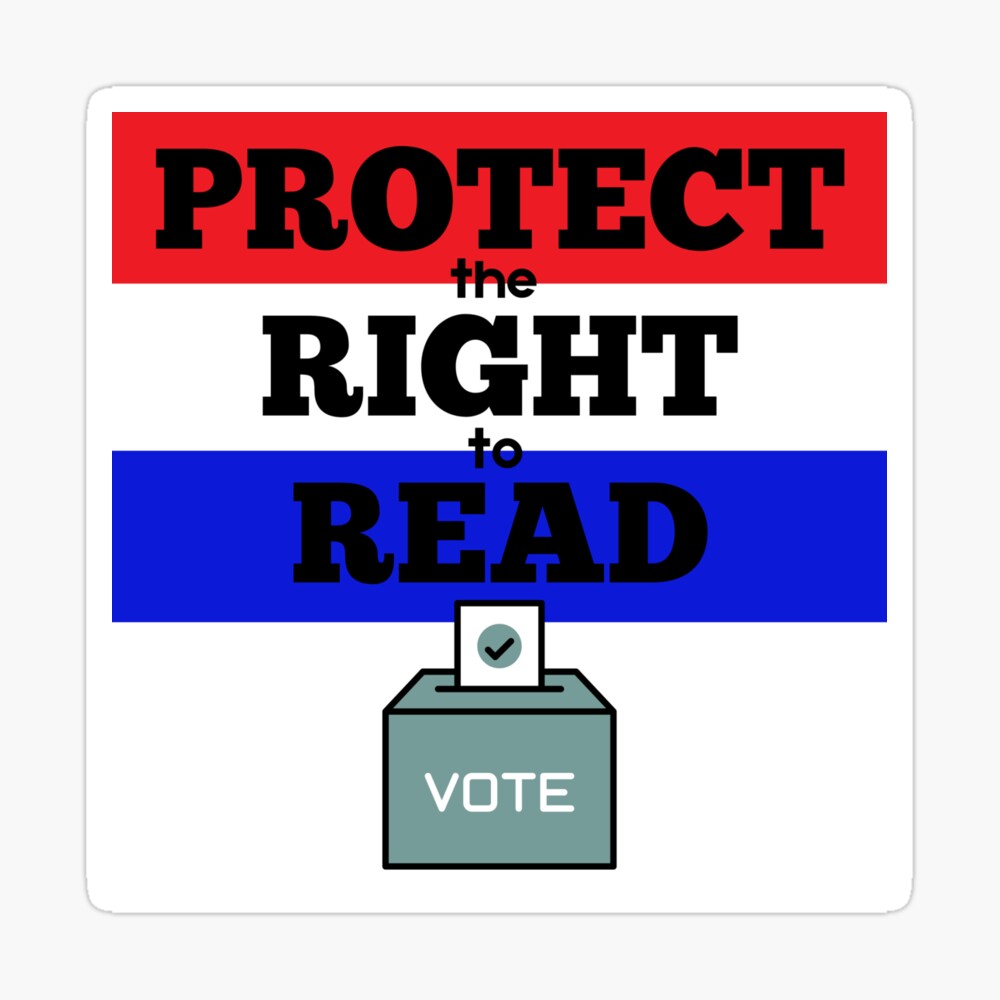Yesterday was my first day trying to formulate a query letter for my newly (nearly finished) polished novel (I say nearly finished because I’m still waiting for some notes to come in from a writer friend who is reading it). I’ve written query letters before and hated it. I was never any good at writing resume cover letters, either. I guess I’m just not very good at writing about myself.
The last query letter I wrote and sent out was for a picture book. It was sent out to 14 agents and editors and I got 14 solid rejections. (However, that was probably more about the picture book than just the query. Most agents and editors want you to send the entire pb manuscript, and I can’t imagine that they wouldn’t read, or at least start to read, the pb manuscript even if the query is terrible. A terrible query might taint the pb a bit, but looking back now from a position of much more experience, I can honestly say my pb wasn’t great. Cute story, but not for a pb. Maybe I’ll submit it to a magazine one of these days.)
With a novel, the query really has to sing, I believe, although I have read that many agents and editors just skim through it picking out the important parts. But, as agent Nathan Bransford once wrote, if you’re a good writer, you should be able to write a good query. So, what does it say about your novel if your query is terrible?
The query will be accompanied by some initial section of the novel (3 pages, 10 pages, whatever are the submission guidelines for that particular agent or editor — always, ALWAYS, ALWAYS follow the submission guidelines, and check them on their website right before you submit as they change often). But, the query will still be the introduction of my work to the agent and editor, so why skimp on a first impression?
Think of it like a first date. You want to make sure you’re freshly showered, hair washed and styled, makeup done with a little more attention than usual, clothes ironed and clean — and preferably matching. You want to look your best on a first date to make the best first impression.
It’s like that with a query letter: You want the letter to be the best representation of your work, and you want the pages of your work that you’re submitting with the query to be in the best possible shape that they can be. You want the agent or editor to ask for more. You have to make sure you don’t give them a reason to say no. (Of course, if what you’ve written is just not in their interest zone, that’s out of your control, but art is subjective, and there will be some people who don’t like your work. There are plenty of people who don’t like Harry Potter! Don’t take it personally; just move on to the next guy/ gal.)
So, all that said, on my first day of writing my query letter, I did some research. I went to the people who I want to impress: agents (not necessarily the ones I’m going to submit to, as most good agents will tell you similar things in what they want in a query). My first stop was Nathan Bransford’s blog. He’s a literary agent with Curtis Brown, and I’ve been reading his blog for some time (the feed is on my iGoogle page). His blog is interesting, entertaining and very informative. In the past, he has written about how the quality of queries he receives has improved since he has been posting information about how to write a good query, and that has made his job a lot easier. I want to make an agent’s job easier (then they’ll be more likely to want to work with me as a person), so I figured that Nathan’s blog was as good a place to start as any.
To get to Nathan’s blog, I clicked on the lastest post in my iGoogle reader, which was for This Week in Publishing. I skimmed the links to see if there was anything interesting, and I found a link to literary agent Rachelle Gardner’s blog post on Your Queries Say a Lot About You. In my current field of interest, I thought and clicked through.
Rachelle talks about what NOT to put in a query regarding your thoughts on the quality of your book and what they say about your expectations. For example, saying your book will be a No.1 bestseller. Maybe it will. But, as Rachelle points out, if that’s what you think and it doesn’t happen, she doesn’t want to be considered responsible. She’d rather just stay clear. You might think you’re selling the book that way, but Rachelle cites a rule (guideline, if you will, I’m not big on rules) that all writers should be doing for their novels anyway: SHOW, don’t tell. “Let your words SHOW the editor or agent the greatness of your project, don’t try to TELL them how great it is. I guarantee it’s a much more effective approach,” she wrote. Good advice, for your work and your query.
Her insight impressed me, so while I was on her blog, I checked her What I’m Looking For page and discovered that my work wouldn’t fit. No worries. I also checked out her How to Write a Query Letter page. More good advice, most of which I already knew, but there was one nugget I hadn’t thought of before: Include your genre. It should be obvious, but sometimes we forget the obvious, so it was useful. She even gave a link to an older post where she had listed some genres.
Now back to Nathan’s blog, where he has a number of posts about query letter writing listed in the left nav bar. I’ll let you know what I find out.
How are you at writing queries?
Write On!






